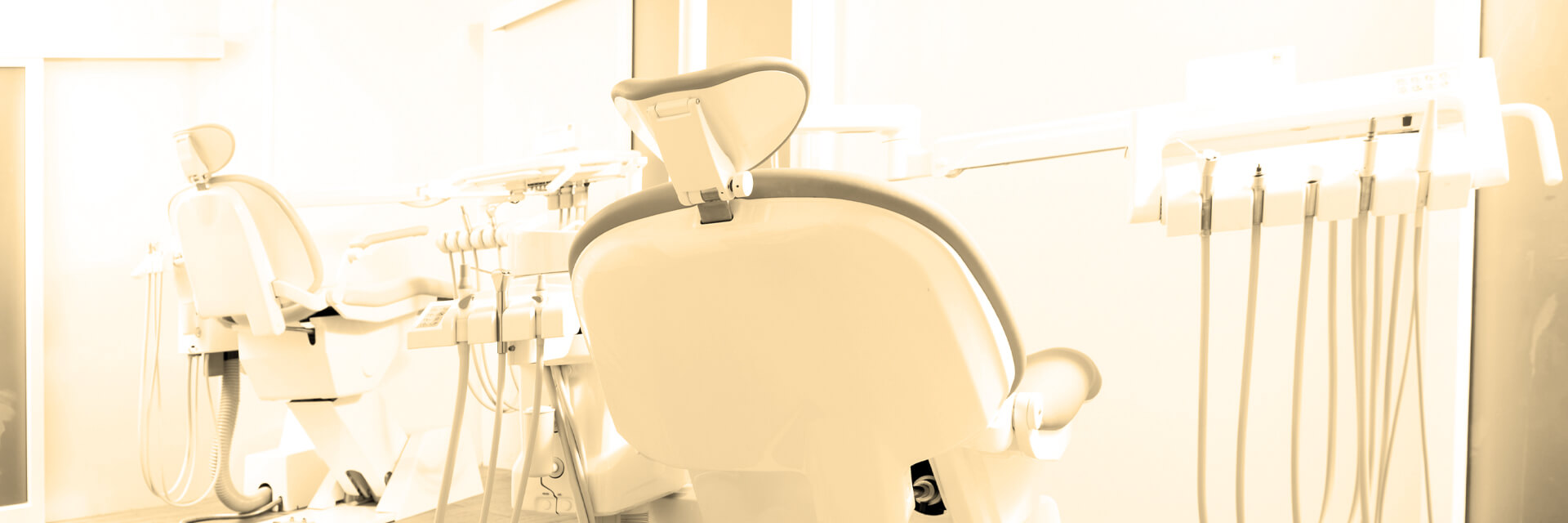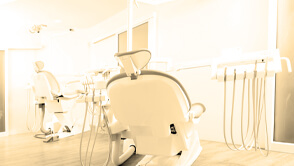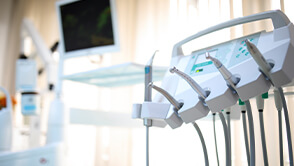
Is Mobile Dentistry Right for You?
- Published
- Feb 25, 2021
- By
- Erick Cutler
- Share
What's the biggest problem in dentistry today? Many would say that it is access to care; specifically, that some patients cannot or will not go to a dentist's office on their own. Attendance currently sits around 62 percent, meaning that one out of every three people will not see a dentist this year. The problem is especially acute among the over 65 age group, a demographic that is projected to reach 80 million by 2050. The population explosion will result in more people who require care and can afford to pay for it, but cannot access care because of mobility or transportation limitations.
One possible solution is the mobile dental clinic. Mobile dentists, such as those who drive directly to patients in nursing homes, community centers, schools, and offices, have established a method of delivering care to hard-to-reach patients. Patients are treated on site in a trailer outfitted as a dental clinic, with minimal interruption to their day. It's easy and it's certainly more convenient for people to access dental care at their residences or workplaces, instead of taking time away from their workday to attend a dental office appointment.
The question is, could offering dentistry on wheels be a viable choice for you?
Good for Headcount, Great for Revenue
Unlike not-for-profit mobile dentistry which tends to focus on emergency care, for-profit models operate just like a traditional fee-for-service practice, meaning a full suite of screening, preventive and treatment services is delivered and invoiced to patients who can afford the cost. The difference is, the next patient is ready for you at the exact moment you are ready for them. There's no downtime or lost income caused by a broken appointment or late patient.
For dentists who retain a fixed clinic, the mobile facility broadens the area of operation and means better visibility for the dental practice. It's a creative way to market the office and expand patient headcount, thus improving revenue.
The disadvantages lie in the smaller space which may affect productivity and workflows, calling for strict systems in your operations. You'll have to pay for vehicle maintenance, and your revenues are susceptible to road accidents and traffic delays. In addition, it keeping the treatment area sterile and clean could be a challenge. These are obvious shortcomings. But in comparison to the access and financial benefits, the problems can be overcome.
Essentials of a Mobile Practice
Mobile dentistry is appealing for another reason – costs. A fully equipped mobile dental clinic will set you back a fraction of the cost of purchasing and fitting a brick-and-mortar office. Factor IRS Section 179 tax breaks into the equation and you can see why this model could be financially viable for dentists.
Major purchases include the vehicle (which should be large enough to accommodate the dentistry equipment but no so large as to require a commercial driver's license to operate), dental chairs, an X-ray machine, a sterilization area, combined compressor, suction and drill, examination lights, and a wheelchair lift. The sundries required are the same as in any clinic, and most items can be added over time as required. Be sure to look into the laws and regulations that are applicable to mobile health clinics in your state, as they do vary from state to state; you can learn more here.
In setting up a mobile practice, it is advisable to seek the advice of a financial advisor for matters related to fit-out and operating costs.
Summing It Up
The mobile dental model provides much-needed care for harder-to-reach patients while meeting the professional and financial goals of many dentists, offering new possibilities for dental careers, and bringing new patients into your practice. Done properly, it's an innovative way to respond to the challenges of dentistry and a win for all involved.
What's on Your Mind?
Start a conversation with Erick
Receive the latest business insights, analysis, and perspectives from EisnerAmper professionals.







